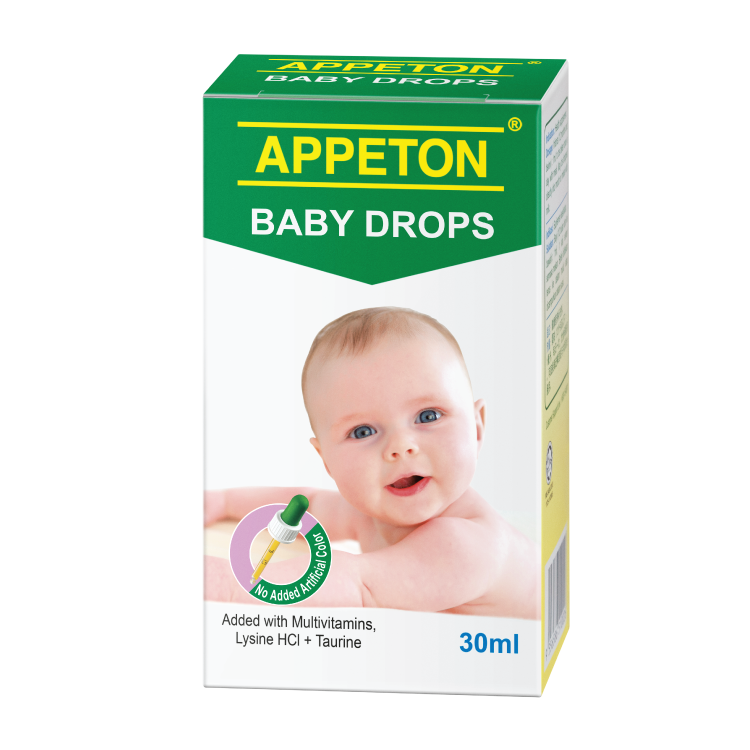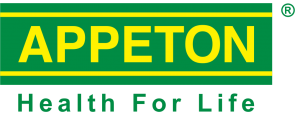
Peace of mind in a Drop for Working Mothers
“Oh no! I didn’t just leave it in my car again!” Out and about and it’s a hot day, there you go, my breast milk wasted again!”
If the above happened to you, you are not far from alone. Especially when you are a working mother, juggling between working and breastfeeding, it is not uncommon that such accidents happened.
Pouring out liquid gold that could still be good is not something any breastfeeding mother wants to do. Still, concerning that the breast milk that has been left out too long may have bacterial growth, is best to toss it than risk your baby’s health. In general, the rule of four applies1 - four hours at room temperature or four days in the fridge is best for keeping breast milk safe and fresh.
The World Health Organization (WHO) recommended breastfeeding your child for at least up to six months and continuing until 2 years of age with complementary food2. As ideal as it sounds, for working mothers, breastfeeding isn't possible or preferable as they will need extra planning and preparation. The most crucial thing is learning to express breast milk, practising it and teaching their baby to feed on it.
For mom who works, breastfeeding almost always means “pumping” – every three to four hours a day – to maintain the milk supply. As the working schedule and the workplace situation may be different, including time availability and private space for pumping and storage of milk, breastfeeding can be really taxing. For the most part, nurses that need to make rounds in the intensive care unit, factory workers on quality control, and employees on night shift, pumping breaks is not easy as they couldn’t afford to leave their workstations for long. Given so, most mothers give up on breastfeeding once their maternity leave is over.
On top of that, getting the baby to feed from a bottle can be yet another problem on the list of parenting woe. Getting enough food is essential for a growing baby, bottle refusal makes them difficult to obtain enough nutrients and gain weight.
With the primary focus of every mother being on their child’s well-being, sometimes, it’s not easy for moms to know if their baby is getting the proper vitamins they need. You probably assumed that breast milk is the best source of nutrients for your baby, but breastmilk alone does not provide them with an adequate amount of vitamin D3 and iron4, which respectively are vital for healthy bone and red blood cell development. Breastfeeding mothers who do not take animal products can put their babies at risk of vitamin B12 deficiency5, which can result in neurological damage.
So much so, here’s some comforting news - by introducing proper children’s supplements, you can still keep your child’s health in check. Appeton Baby Drops, a combination of multivitamins, Lysine and Taurine all in one drop (concentrated) for your baby’s healthy growth and overall well-being. Not only that it contains sufficient amounts of 7 key vitamins, but it also comes with Lysine which helps improve appetite and calcium absorption, so that your baby can gain weight and height steadily. Taurine, is an important nutrient for brain development while babies below 6 months old are not able to synthesise it, supplementation will be required.

With just a drop, mothers can now enjoy peace of mind while working and ensuring their baby grows healthily and strong.
Learn more: Appeton Baby Drops
References:
- CDC. (2022, January 24). Proper storage and preparation of breast milk. Centers for Disease Control and Prevention.
- World Health Organization. (2018, August 2). Breastfeeding. World Health Organization.
- Wagner, C. L., and Greer, F. R. (2008). Prevention of rickets and vitamin D deficiency in infants, children, and adolescents. Pediatrics, 122(5), 1142–1152. https://doi.org/10.1542/peds.2008-1862
- Baker, R. D., and Greer, F. R. (2010). Diagnosis and prevention of iron deficiency and iron-deficiency anemia in infants and young children (0–3 years of age). Pediatrics, 126(5), 1040–1050. https://doi.org/10.1542/peds.2010-2576
- U.S. Department of Health and Human Services. (n.d.). Office of dietary supplements - vitamin B12. NIH Office of Dietary Supplements.
